Diseases and pathogens
The agency focuses on research into HIV/AIDS, viral hepatitis, sexually transmitted infections, tuberculosis and emerging infectious diseases (in particular viral haemorrhagic fevers, arboviruses and emerging respiratory infections, including Covid-19).
Last updated on 06 August 2025
Understanding and tackling infectious diseases
- Infectious diseases result from the invasion and proliferation of pathogenic agents-bacteria, viruses, parasites or fungi-in a host. They can be transmitted directly (human-to-human contact, respiratory droplets, biological fluids) or indirectly (vectors, water, contaminated food, inert surfaces).
- They represent a major public health challenge because of their ability to emerge, spread rapidly and evolve under the pressure of therapeutic and environmental interventions.
- The study of infectious diseases mobilizes multidisciplinary approaches combining microbiology, immunology, epidemiology and social sciences, in order to understand pathophysiological mechanisms, optimize surveillance strategies and develop effective diagnostic, therapeutic and prophylactic tools.
Discover below the main diseases and pathogens for which ANRS MIE is involved in research projects to improve their understanding, prevention, diagnosis and treatment.
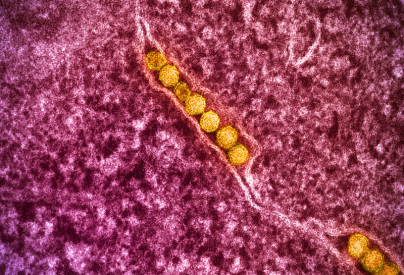
Arboviral infections
Arboviral infections are caused by arbovirus transmitted by certain types of blood-feeding arthropods.

Avian influenza A (H5N1)
Avian influenza, also known as bird flu or formerly fowl plague, caused by A strains of the influenza virus, is an infectious disease affecting wild and domestic birds.
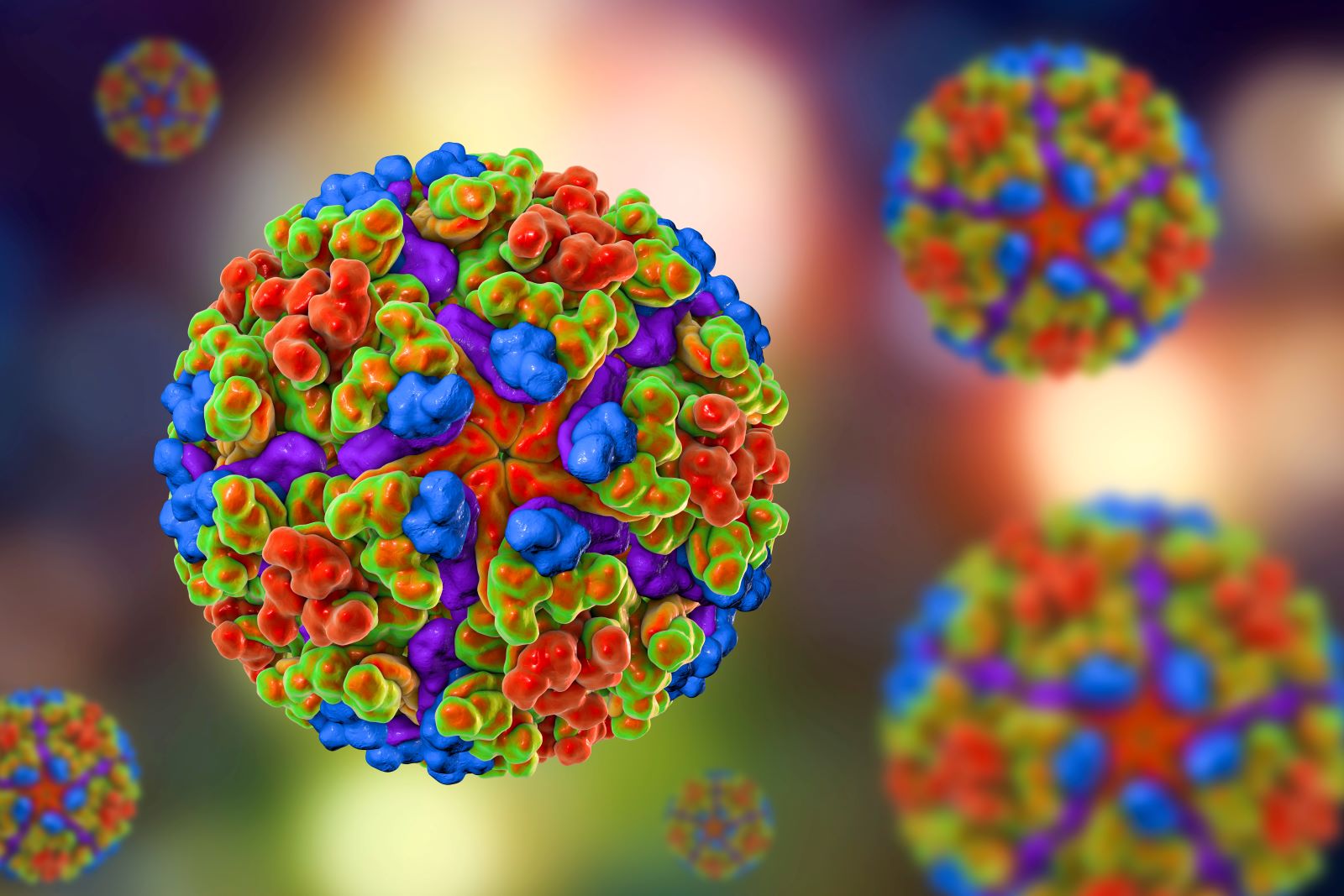
Chikungunya
Chikungunya is an infectious disease caused by an arbovirus, the chikungunya virus. Chikungunya can now be found in non-tropical regions, including Europe.

COVID-19
Coronavirus disease 2019 (COVID-19) is an infectious disease caused by the SARS-CoV-2 virus.

Dengue
Dengue is an infectious disease caused by the dengue virus, an arbovirus. It is the most widespread human arboviral disease in the world.

HIV
The human immunodeficiency virus (HIV), which causes AIDS, affects around 38 million people worldwide, according to the WHO.
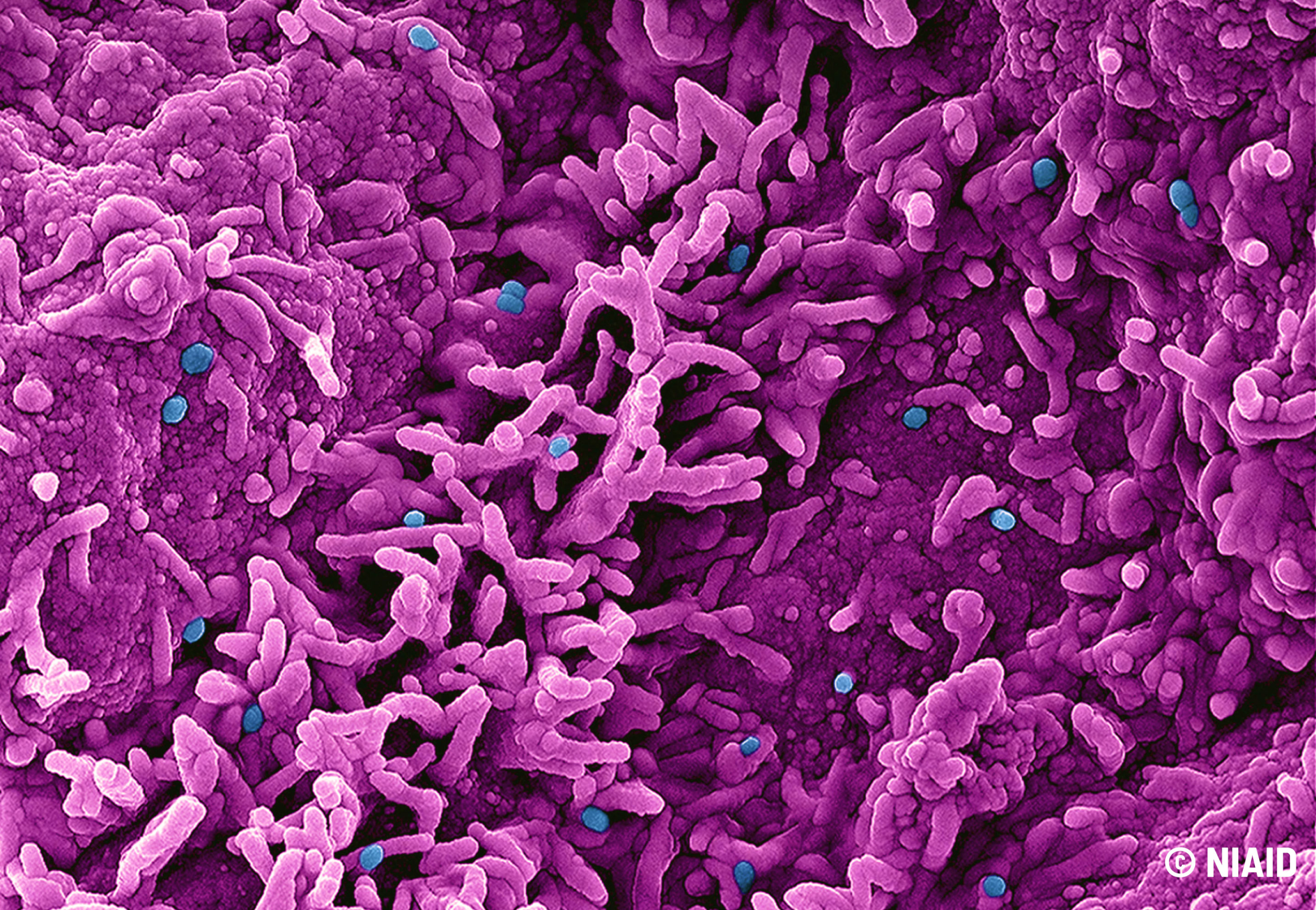
Mpox
Mpox (formerly known as monkeypox) is a disease that has been circulating for decades in West and Central Africa.
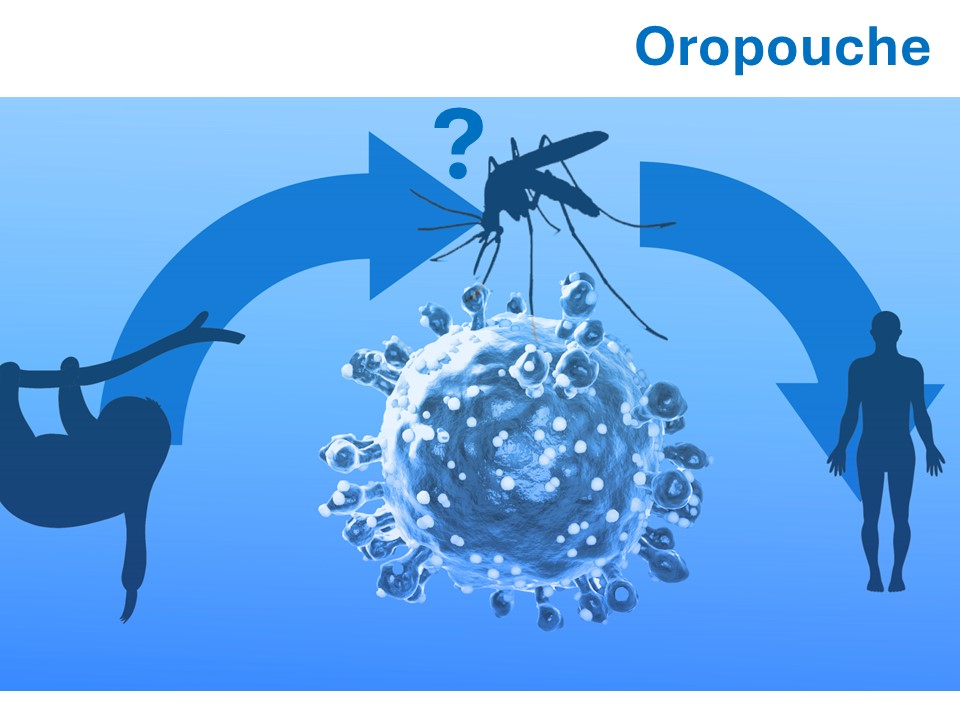
Oropouche
Oropouche virus disease is an arboviral disease actively circulating in several regions of Central and South America and the Caribbean.

Sexually transmitted infections (STIs)
The majority of sexually transmitted infections (STIs) are caused by bacteria or parasites.
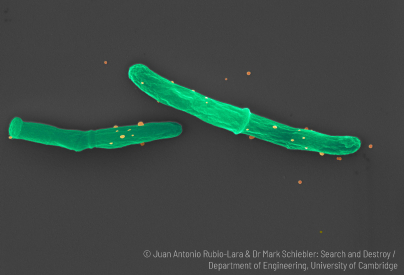
Tuberculosis
Tuberculosis is one of the deadliest infectious diseases. Every day, around 28 000 people contract it and over 4 100 people die from it, according to the WHO.
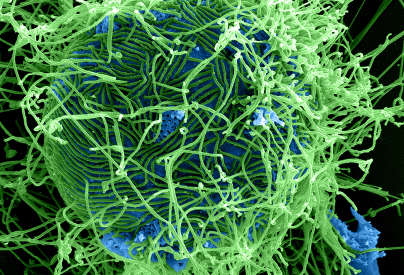
Viral haemorrhagic fevers
Viral haemorrhagic fevers (VHFs) include various diseases (Ebola, Lassa fever, Marburg fever, Crimean-Congo fever, etc)
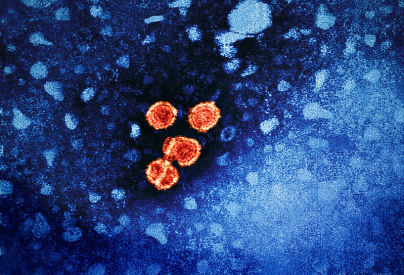
Viral hepatitis
Viral hepatitis is inflammation of the liver caused by any of the viruses A, B, C, D and E
